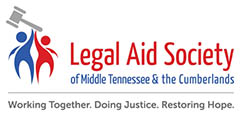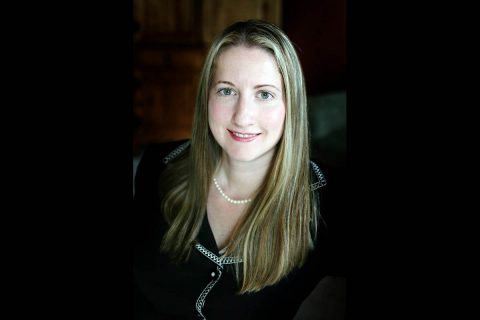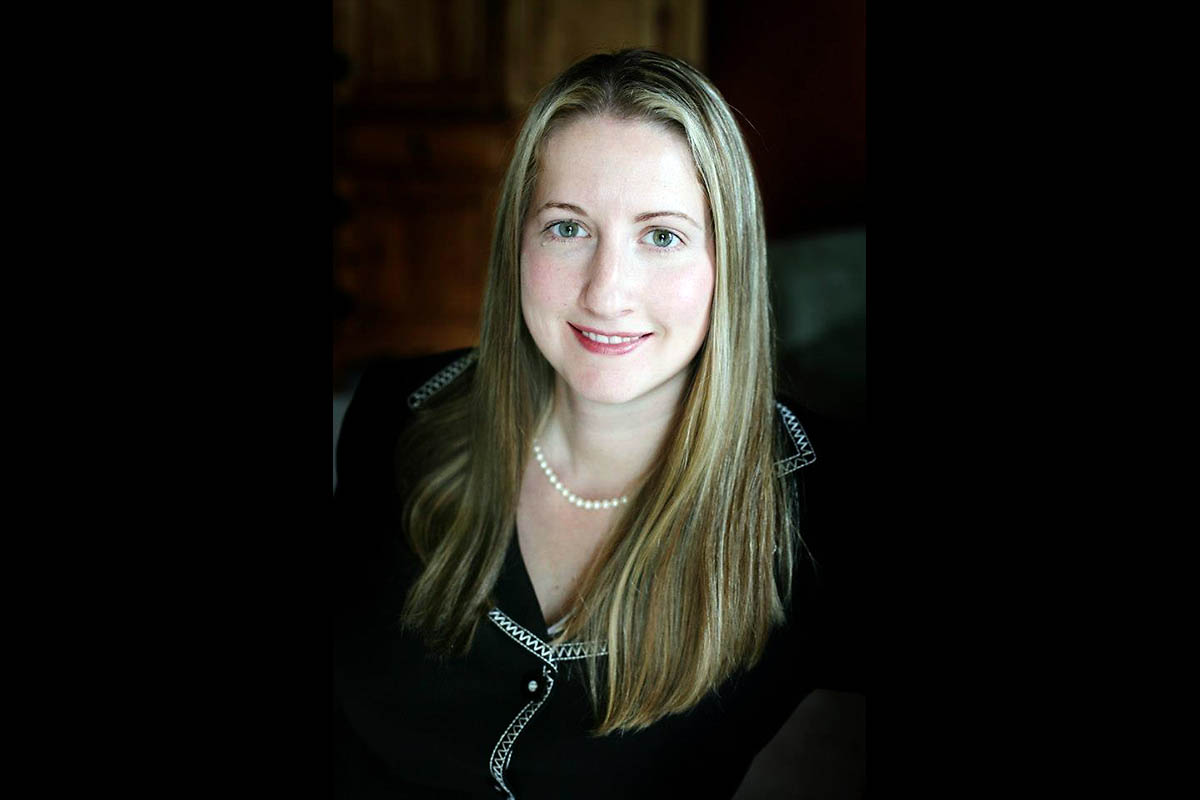Written by Aimee Luna, Attorney
Legal Aid Society
 Nashville, TN – When we think of domestic violence, we often picture physical abuse. But the truth is, abusive behavior within a relationship can exist in many forms.
Nashville, TN – When we think of domestic violence, we often picture physical abuse. But the truth is, abusive behavior within a relationship can exist in many forms.
At its core, domestic violence is an attempt by one partner to assert control over the other. It can include threats, insults, emotional manipulation, sexual coercion and a host of other behaviors. Abusers are nothing if not creative in their methods.

When a victim does manage to extricate herself or himself from an abusive relationship, these attempts at control don’t suddenly end. Abusers frequently resort to the only tool available to them to harass and punish their victim — the legal system.
As an attorney with Legal Aid Society of Middle Tennessee and the Cumberlands who has worked on domestic violence cases, I’m well acquainted with an often overlooked but common tactic used by abusers — filing frivolous lawsuits that are designed to financially cripple their victim. We refer to it as “stalking by way of the courts.”
In a typical domestic violence situation, there tend to be a lot of court appearances. But if an abuser wants to harass their victim, it’s very easy to add more legal proceedings than necessary.
Each court date — whether filing for an order of protection, a custody hearing, a divorce filing or something else — requires a court appearance by both parties. If the victim is, for instance, a single mother who’s working, each of these court appearances requires time to be taken off work. That can translate to lost pay, additional child-care costs and, in some situations, even losing a job.
This past May, Tennessee Governor Bill Haslam signed a new measure designed to put a stop to this behavior. The law — which applies to ex-spouses, former romantic partners and family members — allows a judge to hold a hearing to determine whether a person is filing abusive civil lawsuits with the intent of harassing a victim, either by exhausting their economic resources or attempting to force financial or child-custody concessions.
Previously, judges would have to hear each case, no matter how seemingly frivolous, then file a decision on it. Now, they can categorize a person as an “abusive civil action plaintiff,” preventing them from filing a lawsuit for at least four years but no more than six years. During that period, the person would need to get permission from the court before taking any kind of legal action involving their former partner.
As Legal Aid Society observes Domestic Violence Awareness Month throughout the month of October, we want domestic violence victims to know about the power they have in this new law. But beyond that, we want them to understand that when it comes to fighting their abusers in court, we’re here to help. Here are some of the areas where we can offer assistance:
Orders of protection. Orders of protection give victims a legal safeguard against a person who harms them or threatens harm. Although victims don’t need an attorney to get an order of protection, we can assist them in navigating the legal process and getting the protection they need as quickly as possible.
Housing, Finances and Food. Leaving an abuser often means leaving behind one’s home and possessions. If the abuser is the victim’s financial provider, ending the relationship can also mean a loss of financial stability. We can work with agencies and the courts to assist victims as they build the foundation of a life independent from their abuser.
Victim’s compensation. The physical damage of domestic violence can require medical attention, often resulting in out-of-pocket expenses that victims aren’t equipped to handle. We can help victims in securing the legal and financial assistance they need to heal, both physically and emotionally.
If you’re a victim of domestic violence, or you know somebody who is in an abusive relationship, we’re a phone call away — 615.244.6610, or 800.238.1443 for those living outside of Nashville. The first step is the most difficult — but after you take it, you won’t be fighting the battle alone.
About Aimee Luna
Amelia Miller Luna is the family law practice lead attorney at Legal Aid Society’s Murfreesboro office. She is a graduate of Middle Tennessee State University and a 2003 graduate of the University of Memphis, Cecil C. Humphreys School of Law. She joined the Legal Aid Society upon graduation. While at law school, she worked with the Elder Law Clinic.
She was also an editorial board member of the Tennessee Journal of Practice and Procedure and a member of the Moot Court Board, Phi Delta Phi and the Christian Legal Society. She was the District Seven Representative for the Tennessee Bar Association’s Young Lawyers Division. In 2015, she was inducted into the TBA fellows division.
About Legal Aid Society
Legal Aid Society of Middle Tennessee and the Cumberlands advocates for fairness and justice under the law. The non-profit law firm offers free civil legal representation and educational programs to help people in its region receive justice, protect their well-being and support opportunities to overcome poverty. It serves 48 counties from offices in Clarksville, Columbia, Cookeville, Gallatin, Murfreesboro, Nashville, Oak Ridge and Tullahoma. Legal Aid Society is funded in part by United Way.
Learn more at www.las.org or by following the firm on Facebook.



